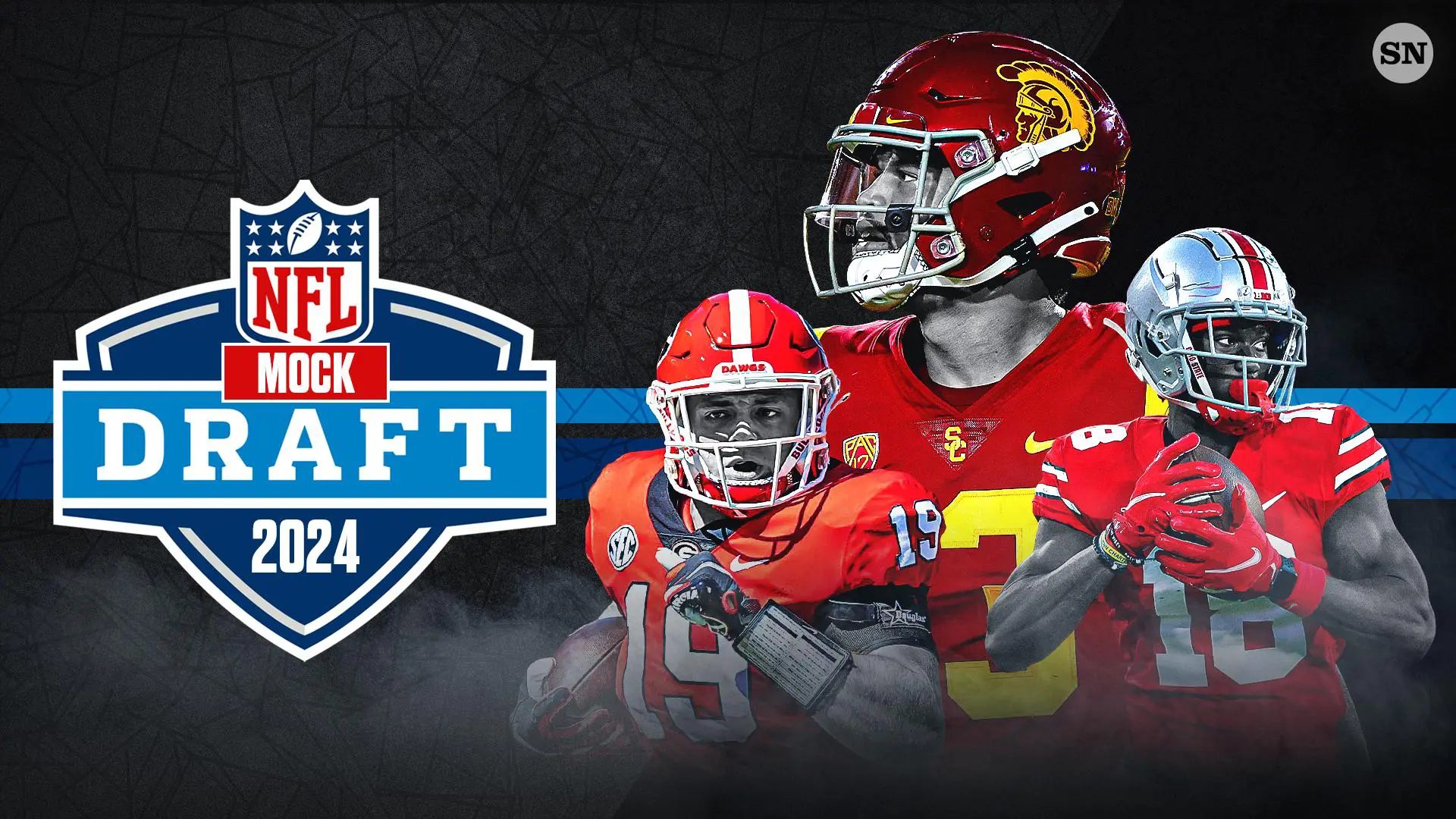How to Build a Killer Resume
3 min read

If I had a nickel for every time I received a poorly written resume from an A+ candidate, I would have a one-ton bag of nickels in my office.
Just this last week, I had one of the top insurance sales producers in the WDC metro region email me her resume. It had so many errors and syntax errors, I could not use it. There was no quantitative evidence of any of her sales accomplishments. It was so bad, that I told her to do it over again. It was an embarrassing effort and not representative of the top-shelf producer that I know she is. Her response to my decision not to present was the typical, “I don’t have time…” My response was, “make the time or spend the money to have it professionally done.” Damn, do ya think it is worth $250 to have a shot at a $250k position with a top firm?
A resume is your first impression to a recruiter or hiring authority. Did you show up to the high school prom in jeans and a beer shirt? Of course not. So why would you send someone a sub-standard resume? It’s the same first impression – only this time – money is on the line.
I actually did a YouTube video on the topic of building a killer resume when I was in Abu Dhabi a few months ago. Watch it and you will see the only Christmas tree in the United Arab Emirates: Building a Killer Resume
Here are the main components of building a killer resume:
1. One Page Resumes: This is a fallacy. A resume can be two pages if you have the experience, skills, attributes, and outside interests to back it up. Keep reading and you will find out why.
2. Skills: Make sure you list your skills in the areas of writing, public speaking, organizational skills, analytics including spreadsheets, systems, and any other technical skills directly related to your professional duties. Writing and public speaking are especially important. Someone who can effectively communicate stands out.
3. Quants: Particularly, if you are a sales professional, include your quantitative accomplishments in your bullet points such as sales growth, book of business, size of accounts, number of deals you closed, etc. If you are a writer, how many articles have you written over what period of time? Numbers, numbers, numbers. Very important to catch the eye of the reader.
4. Outside Interests: This is huge. Outside interests are a window into your soul. People want to know this. And some are strong indicators of success in a particular field. Example: I have found that competitive sports experience even in high school in the areas of wrestling, basketball, tennis, volleyball, and football are indicative of future success in sales. These are tough, grueling sports that require grit and determination to be successful. One learns how to respond to adversity in these sports too. Sales requires these same traits. List any and all of these on your resume. They also allow the reader to establish common ground with you and establish rapport.
5. Professional Certifications: This is important to establish your bona vide in your profession. It indicates that you have invested time and resources into your career. It is also something that separates you from your peers which is important for getting promoted. A CIC certificate holder in insurance makes an average of $12,000 more than their insurance peers. It’s not that hard to get either. Just takes time.
6. Attributes: If you have some specific attributes that separate you from the pack then list them. But be prepared to defend them. These include the attributes of winners: determination, insight, curiosity, initiative, mental acuity, teaming, grit, etc. I love to see candidates put this out there for discussion and I do take the time to challenge the candidate on these. But if you can pull this off, you can really separate yourself.
Final Thoughts: They say you should always have three cards in your wallet: your doctor, lawyer, and recruiter. Add a resume to the list of things you should always have at the ready. Most new job opportunities that come along require a response within a few days – don’t be like most who get caught unprepared with a hastily put-together resume.
Next Episode: Three Ways to Be a Great Listener.
We always welcome your feedback at Email Rob.
And be sure to read my blogs published every Friday at Rob’s Rants and listen to our award-winning podcast at Talent & Trust Podcast published bi-weekly at Talent & Trust and also released on LinkedIn.
All the best,
Rob Houghton



